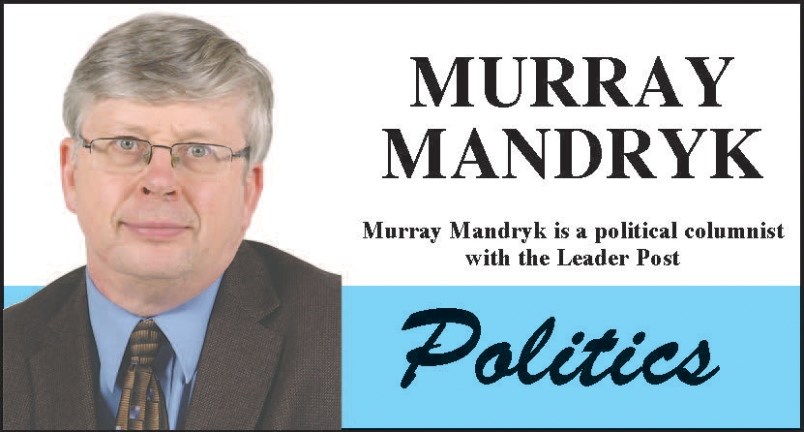It’s hard to celebrate our past in the way we once did.
There was a time when we could be comforted by whatever we were taught in our school history books.
Modern times are changing that.
Those who once had no say in what was written about their ancestors are now getting their say. And new technologies are backing up their stories.
This is the reality after the “discovery” of Indian Residential School gravesites across the country like the one at the Cowessess First Nation.
Ground-penetrating radar is confirming the stories First Nations people and many others have long known about. And it’s making many very uncomfortable. For may it made for a very different Canada Day — a day in which we are supposed to revel in our history.
Canada Day celebrations that were already enduring the pallor of COVID-19 restrictions were cancelled in places like Melville, Meadow Lake and La Ronge.
This obviously did not sit well with some people who are struggling with this history.
Cowessess First Nation chief Cadmus Delorme actually did his best to keep the findings in factual perspective.
Delorme during his online press conference that drew the attention from reporters around the world repeatedly stressed this was a gravesite and not a “mass grave”. He further noted that the ground-penetrating radar has a margin of error of 10- to 15-per-cent, so the he estimated the numbers to be in excess of 600 rather than the 751 graves most often stated.
He also noted some of the interned may be adults — perhaps buried prior to the opening of the Marieval Indian School in 1899 or during its existence that lasted until 1997.
And he factually stated that there were once grave markers at the site, but they that were removed by officials of the Catholic Church in the 1960s.
All this has drawn some scepticism from those who just don’t want to let go of their views. One gets this. It’s no easier to deal with negative history than a negative news story in the present.
But Delorme’s fair-minded assessment isn’t cause to doubt what was the reality.
Yes, it’s possible that the graves are not all children and that many children died of things like the Spanish flu or tuberculosis rather than more violent means. Maybe the grave markers were removed from the church and never replaced for less-than-nefarious reasons.
But the reality is, no on one should expect their child to die at school, have them buried there and never be told about it. If even a single died at school today, it would be the biggest story of the day.
Thousands of these children died at residential schools over their existence — likely, far more than even the Truth and Reconciliation Commission estimated.
It is a fact that these children were taken from their families under the threat of arrest or cutting off food rations. And even if some First Nations families (especially in later years when the schools became less harsh) did voluntarily send their children there, it is a fact that children were treated poorly — often, brutally.
It’s undeniable that the schools’ long-standing purpose was to remove First Nations children from their language, culture and religion.
In a poignant moment, Premier Scott Moe said last week this is our history that we also need to reflect upon on Canada Day.
But Delorme likely put it best: "We all inherited this. Nobody today created residential schools. Nobody today created the Indian Act. Nobody today created the '60s Scoop. We all inherited it and we have to acknowledge that people are healing and people are hurting. Let's do something about it."
Maybe being Canadian is this pursuit of understanding who we are so we can be better. It doesn't sound lofty, but it's so Canadian.




